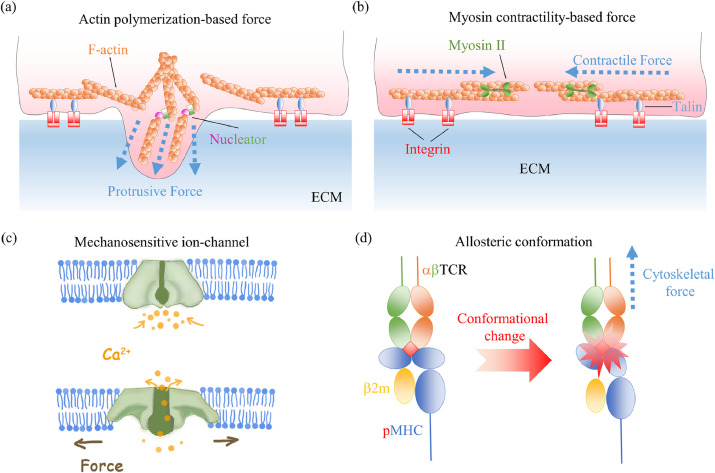
Biomaterial-based Scaffold with Potential to Revolutionize Cancer Immunotherapy
A team of Biomaterials Engineers has developed an innovative approach with potential to improve T-cell mediated cancer treatment. The team, led by Dr. Matthias Stephan, a Professor in the Translational Science & Therapeutics Division at Fred Hutchinson Cancer Center, developed cell-free scaffolds designed to recruit, genetically reprogram and expand host immune T cells. This technology, known as a biomaterial-based scaffold, could provide surgeons with a low-cost and effective option to treat previously palliative cancers such as pancreatic cancer, brain tumors, aggressive thyroid cancer or late-stage ovarian cancer.
The Device – A Potential Game Changer in Cancer Immunotherapy
The biomaterial-based scaffold patch recruits immune cells and trains them to recognize cancer cells, which are released back into the body to seek and kill nearby and distant tumor cells. According to Dr. Stephan, the team’s innovative approach “establishes for the first time that biomaterial scaffolds can be engineered to genetically program antigen-recognizing capabilities into host lymphocytes.”
This innovative approach offers a comparably low-cost and effective option for treating tumors that were previously considered challenging to manage, and is set to revolutionize T-cell mediated cancer treatment.
The High Cost of Traditional T-Cell Mediated Cancer Treatment
Traditionally, T-cell mediated cancer treatment owes its success to custom-trained immune cells, referred to as tumor-infiltrating lymphocytes (TILs). However, it is also a particularly challenging and expensive treatment option.
A team of nurses, physicians, and scientists collect tissue from a patient’s tumor and isolate the natural TIL population. They then expand these immune cells in the laboratory before infusing the TILs back into the patient. This process costs the patient $515,000 for melanoma treatment alone!
Moreover, only one company currently offers this type of therapy for melanoma, making immunotherapy generally unattainable for other cancer types.
The Future of T-Cell Mediated Cancer Treatment
Dr. Stephan’s innovative approach using a biomaterial-based scaffold offers hope for lower cost and effective treatment of various solid tumors that were previously considered challenging to manage, such as pancreatic cancer, brain tumors, aggressive thyroid cancer, and late-stage ovarian cancer. This technology will expand the therapeutic index of T-cell therapies and generically program antigen-recognizing capabilities into host immune cells.
The research team believes that parallel approaches to recruit and train other types of immune cells will further enhance the utility of this device and lead to better antitumor outcomes.
The Commercialization of the Biomaterial-based Scaffold Technology
The researchers are now seeking an industry partner to translate the technology into clinical practice. The goal is to develop the scaffolding technology into a clinical device, which will offer surgeons a low-cost and effective option to treat tumors that previous treatments could only manage palliatively.
Dr. Stephan and his team’s novel approach using the biomaterial-based scaffold patch offers hope for a less expensive and more efficient treatment option in the fight against cancer.
Originally Post From https://www.fredhutch.org/en/news/spotlight/2024/06/tst-inamdar-jctrlrelease.html
Read more about this topic at
Advancements in Cancer Immunotherapies – PMC
Delivery technologies for cancer immunotherapy – PMC – NCBI


